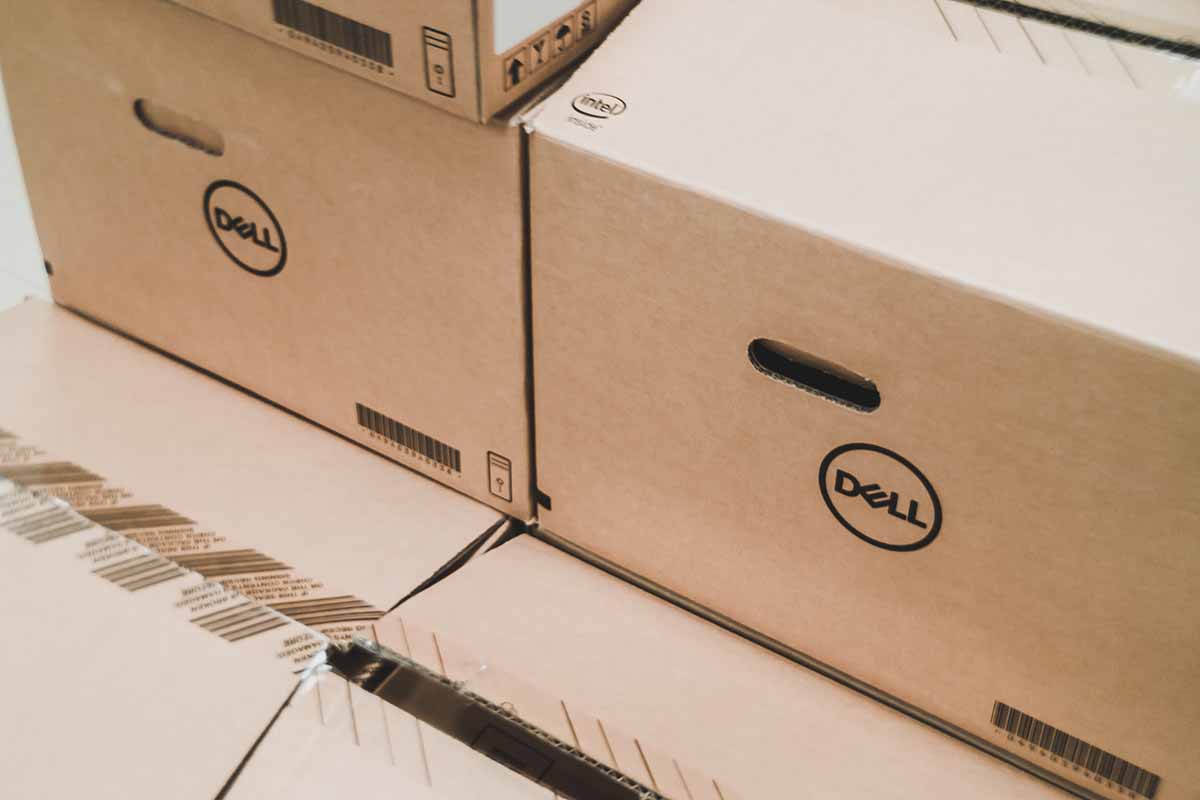
Analysts point to inflationary pressure as a key driver of reduced demand for PCs. | KenSoftTH/Shutterstock
Around the globe, PC shipments dropped 16.6% in the second quarter of 2023, marking the seventh consecutive quarter of decline. However, analysts at Gartner say the trend may be shifting soon.
About 59.7 million units were shipped in the second quarter of 2023, compared with 71.5 million units in the second quarter of 2022, according to the research and consulting firm’s preliminary results.
However, Mikako Kitagawa, director analyst at Gartner, said the rate of decline has slowed, “indicating that shipment volumes may have reached their lowest point.”
“There has been progress in reducing PC inventory after more than a year of issues, supported by a gradual increase in business PC demand,” Kitagawa added. “Gartner expects that PC inventory will normalize by the end of 2023, and PC demand will return to growth starting in 2024.”
Top vendors
Looking at the top vendors, Lenovo maintained its No. 1 spot with 24% market share, followed by HP at 22.5%, Dell at 17.4% and Apple at 8.9%.
Lenovo’s year-over-year shipments declined again this quarter but grew sequentially, the press release noted, and HP’s shipments “fell only slightly in the second quarter, ending a string of consecutive double-digit declines.”
Dell, however, had a fifth consecutive quarter of decline.
“PC component prices and availability have improved drastically, helping stabilize vendor profitability despite the pricing pressure to clear inventory,” Kitagawa said. “However, as the PC market begins to recover and component demand increases, the favorable price conditions for memory and SSD storage that PC vendors have enjoyed are coming to an end.”
Regional markets fall
In the U.S., the PC market declined 8.6% in the second quarter of 2023, Gartner reported.
“The U.S. economy was relatively stable, easing concerns among small and midsize business buyers and gradually generating PC demand,” the press release noted. “There was also a refresh in demand for Chromebooks from educational institutions, as well as laptops among government buyers.”
However, consumer PC demand is still weak in the U.S., accounting for the continued decline.
Other regions also saw declines. In Europe, the Middle East and Africa, PC markets declined 14.6% year over year, the sixth consecutive quarter of decline, due to “continued political unrest, inflationary pressures and interest rate increases,” the press release stated.
“Business confidence must increase to influence stronger PC buying patterns,” Kitagawa said. “Meanwhile, consumer demand remains low, as all income brackets are affected by inflationary pressures.”
The Asia Pacific market fell 26.9% year over year, due in part to “a particularly weak PC market in China,” the press release stated.



